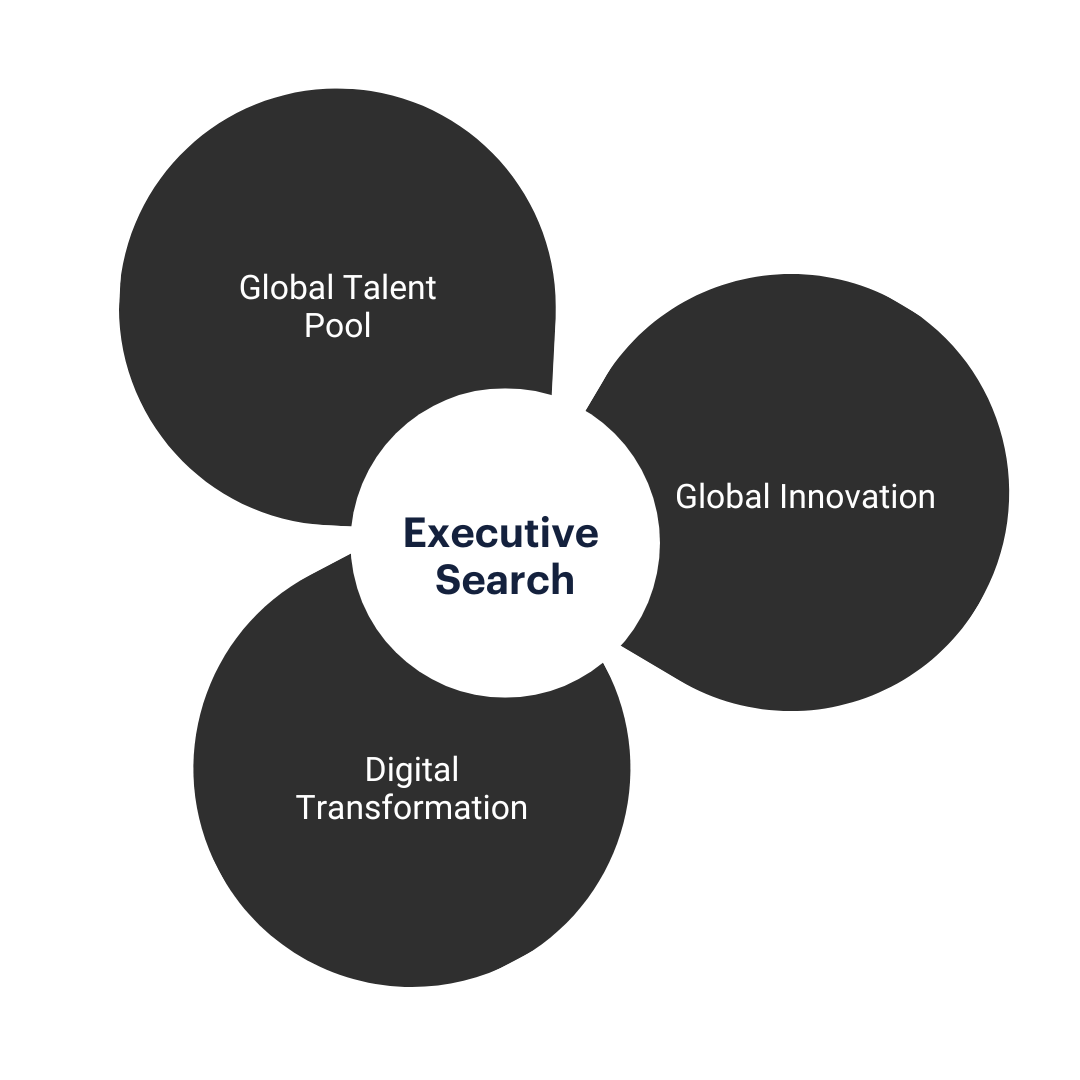Brazil’s executive hiring environment remains complex. Economic and political volatility, combined with bureaucratic labor laws and high labor costs, compound pressure on multinationals. For instance, Robert Walters recently shut its Brazil office amid weakened global hiring markets—signalling deeper challenges in attracting senior talent locally.
Regulatory Bureaucracy & Labor Protection in Brazil
- Brazil’s Consolidation of Labor Laws (CLT) enforces rigid protections:
- Overtime pays, severance, mandatory FGTS (Severance Fund), 13th salary, and paid vacation.
- These lead to elevated hiring costs and legal exposure, deterring executive-level hiring.
- Multinationals often lack the in‑depth local expertise to navigate labor court risks—necessitating the support of an executive search partner.
Talent Scarcity & Skills Mismatch
- Brazil faces a significant executive talent gap. In IT alone, there’s a shortage of ~530,000 professionals.
- Northern regions report 17.4% of companies struggling to fill roles, with severe mismatch issues elsewhere.
- These shortages extend beyond tech—to strategic, leadership-level hires—making local executive search partners essential.
Cultural & Language Barriers in Brazil
- As reported by Folha de S.Paulo, “Chinese global companies typically fill 20% to 30% of positions in their Brazilian offices with expatriates”—highlighting the ongoing reliance on foreign leadership in local operations.
- Language fluency and adjusting to Brazilian business culture are significant hurdles in sourcing native leaders, underlining the need for executive search expertise.
Economic Volatility & High Costs
- Brazil’s economy is marked by:
- High interest rates, inflated cost structures, complex tax and regulatory environments.
- Infrastructure challenges and bureaucratic delays (e.g. 120+ days to fully start operations) increase the perceived risk of executive hires.
Emerging Growth Sectors: Opportunities for Hiring
Despite obstacles, key sectors present openings for quality placements:
- AI, cybersecurity & infrastructure continue to boom:
- AI-related roles surged by 75%, and cybersecurity postings rose 37% with projected salaries up to R$ 150k–R$ 138k.
- Major infrastructure projects like São Paulo’s Line 6 metro generate thousands of executive-eligible roles in engineering and operations.
- Multinationals engaging in these areas must lean on executive search in brasil to efficiently find skilful leaders who understand technological sophistication and regulatory complexity.
How Executive Search Firms Bridge the Gap in Brazil
- Local market intelligence: navigating labor law, tax, and regional dynamics.
- Cultural fluency and language alignment: ensuring candidates integrate seamlessly with client operations.
- Access to niche, scarce talent: deploying deep networks and active sourcing strategies.
- Strategic advisory during downturns: offering salary benchmarking, retention planning, and regional talent mapping.

Brazil remains one of Latin America’s most promising executive markets—but only for those who invest in local expertise. Global firms that underplay Brazil’s regulatory complexity, talent scarcity, or cultural dynamics risk costly failures. Leveraging dedicated executive search in Brazil is not just helpful—it’s essential. The firms that succeed here will be those willing to combine global strategy with Brazilian insight.
If you’re a multinational facing these challenges, let us partner with you. Our global team offers tailored support for executive search in Brazil—from localized labor law guidance to sourcing and onboarding leaders who drive growth sustainably in Brazil. Contact with us.









